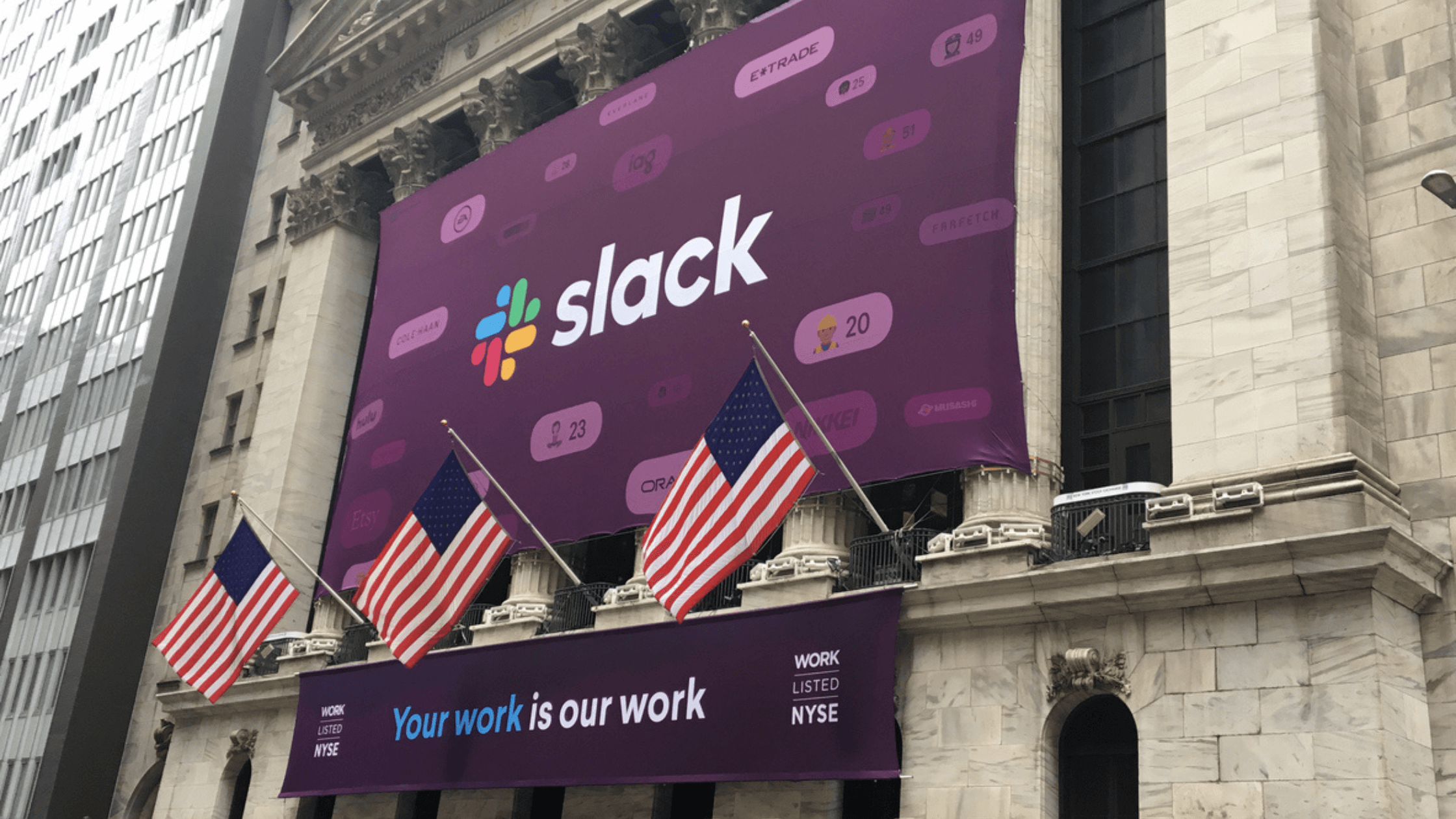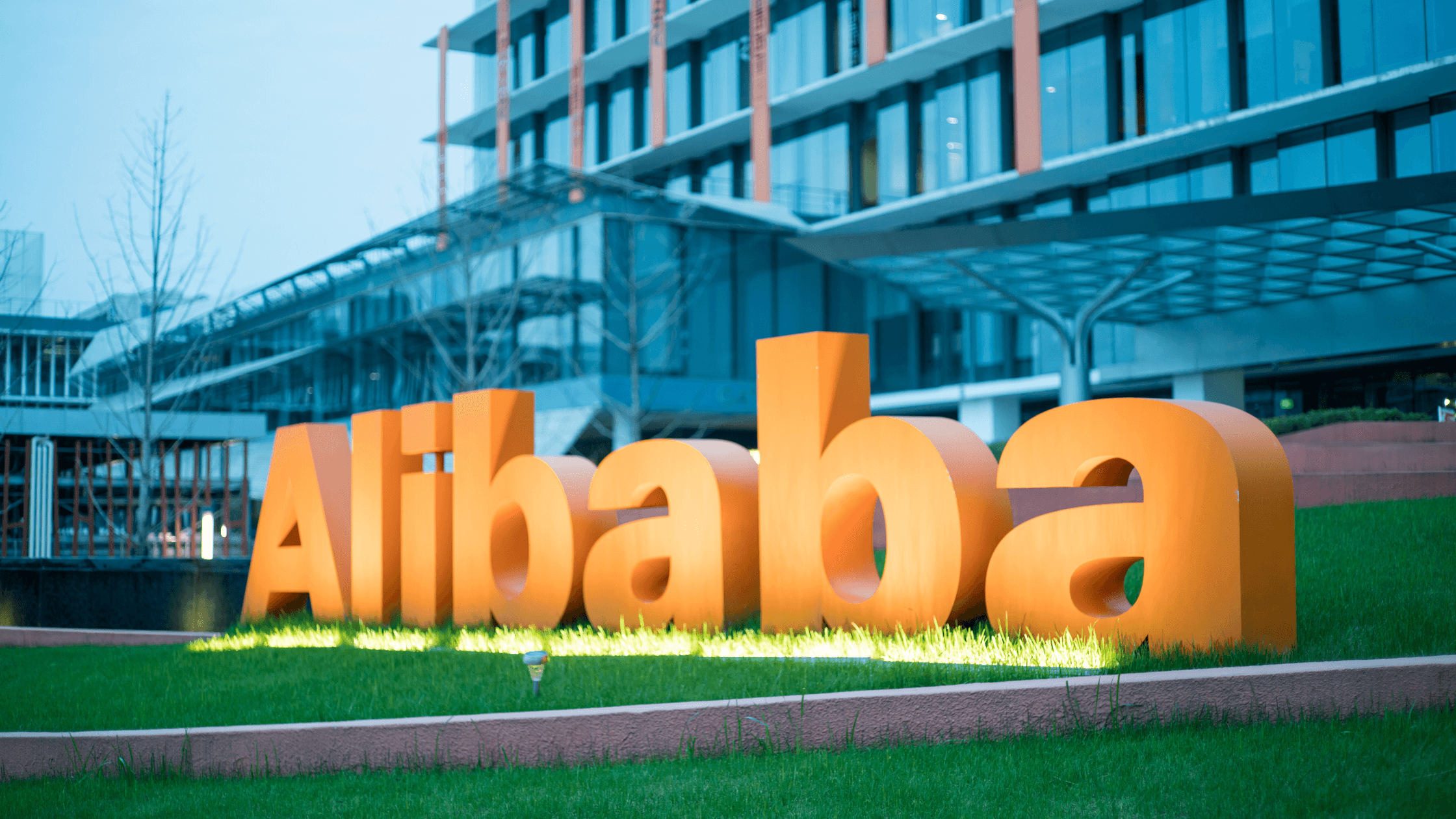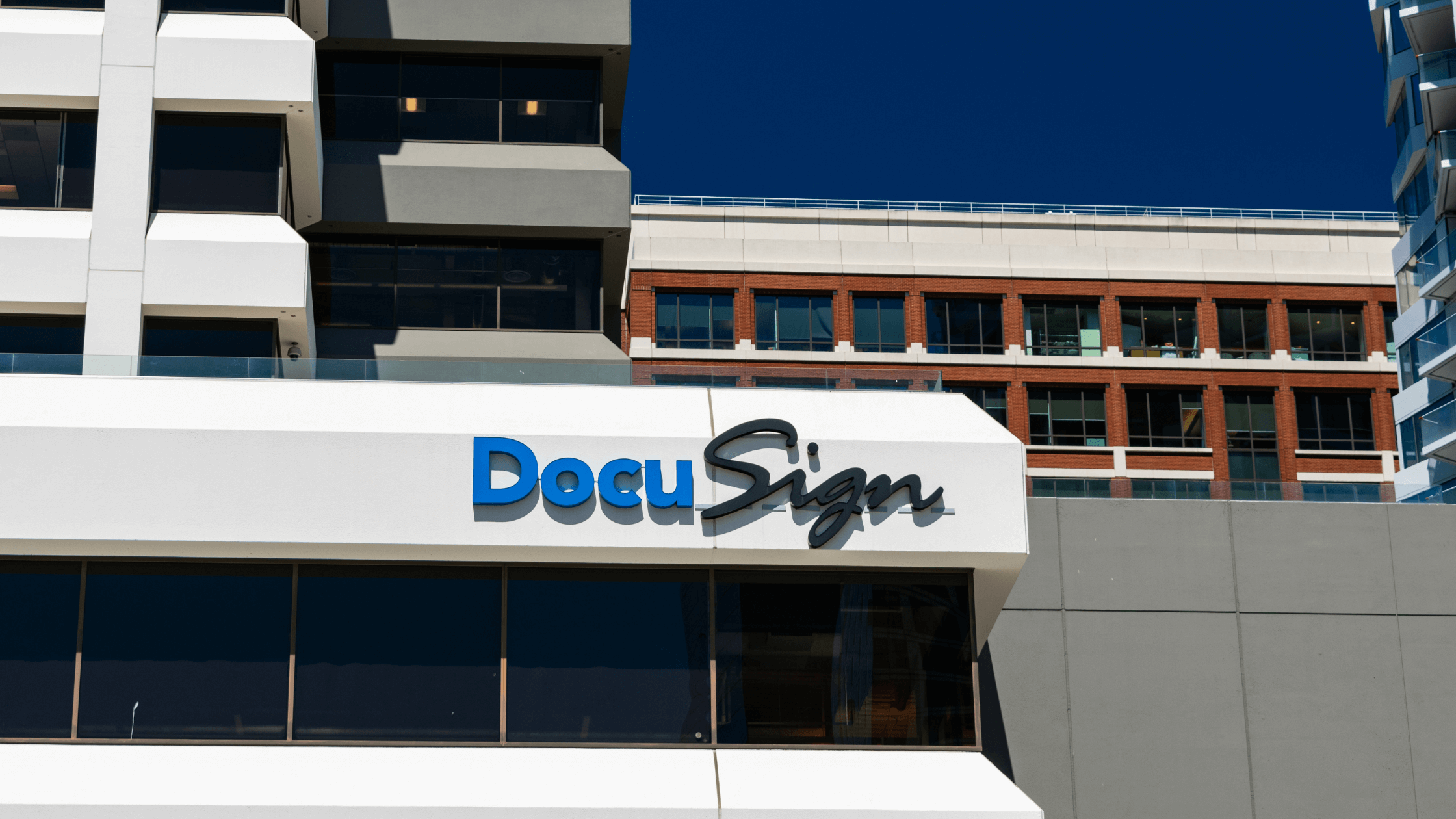Nvidia Stock Soars on Acquisition of SoftBank-Owned Arm. Is it a Good Deal?
Nvidia Inc (NASDAQ: NVDA), the chip giant that specialises in artificial intelligence and gaming graphics, saw its shares climb as much as 10% on Monday.
The surge came as Nvidia announced it will buy Arm Holdings from SoftBank Group Corp (TYO: 9984) in a US$40 billion cash-and-stock deal. Nvidia shares pared the early gains but still ended up the day by 5.8%.
Tim’s Take:
Nvidia has had an absolutely stunning year so far in 2020. Shares are up 115% year-to-date and this was a company that already had a huge market capitalisation. After the run-up, it’s now worth close to US$320 billion.
The chip designer engineers highly-efficient graphic processing units (GPUs). It specialises in chips used for artificial intelligence (AI) applications, gaming and data centres, and has been one of the leading innovators in the semiconductor space.
It’s not hard to see why it’s been on such a run. The company has been winning on multiple fronts. Its latest earnings (for the fiscal second quarter) saw an impressive 50% year-on-year rise in revenue to US$3.87 billion.
It’s seeing demand come together from all the right spaces it operates in. These include gaming (supplying Microsoft and Sony the gaming chips), data centres, and AI applications – all of which are seeing increased use given the Covid-19 pandemic.
New access to new markets
The Arm deal gives Nvidia access to a whole new market for chips. Arm, currently owned by SoftBank, is the leading designer of chips that go into smartphones and tablets hawked by the likes of Apple Inc (NASDAQ: AAPL) and Samsung Electronics Co Ltd (KRX: 5930).
Arm will equip Nvidia with a whole new stable of highly-valued intellectual property that it can use. Remember that Nvidia (as well as Arm) merely design the chips being produced.
The actual physical manufacturing of the semiconductors tends to be outsourced to “fabs” such as Taiwan Semiconductor Manufacturing Co (NYSE: TSM), also known as TSMC. Nvidia already uses TSMC to produce its chips.
However, there are still regulatory hurdles to clear, particularly in China where access to semiconductor technology is a sensitive topic.
If the deal does go through, I believe the mega-deal will strengthen Nvidia’s positioning in the highly-competitive semiconductor space. It should also end up being a boon for TSMC, too, as it’ll receive more business from the combined entity.
This material is categorised as non-independent for the purposes of CGS-CIMB Securities (Singapore) Pte. Ltd. and its affiliates (collectively “CGS-CIMB”) and therefore does not provide an impartial or objective assessment of the subject matter and does not constitute independent research. Consequently, this material has not been prepared in accordance with legal requirements designed to promote the independence of research. Therefore, this material is considered a marketing communication.
This material is general in nature and has been prepared for information purposes only. It is intended for circulation amongst CGS-CIMB’s clients generally and does not have regard to the specific investment objectives, financial situation and the particular needs of any specific person who may receive this material. The information and opinions in this material are not and should not be construed or considered as an offer, recommendation or solicitation to buy or sell the subject securities, derivative contracts, related investments or other financial instruments or any derivative instrument, or any rights pertaining thereto. CGS-CIMB have not, and will not accept any obligation to check or ensure the adequacy, accuracy, completeness, reliability or fairness of any information and opinion contained in this material. CGS-CIMB shall not be liable in any manner whatsoever for any consequences (including but not limited to any direct, indirect or consequential losses, loss of profits and damages) of any reliance thereon or usage thereof.























































